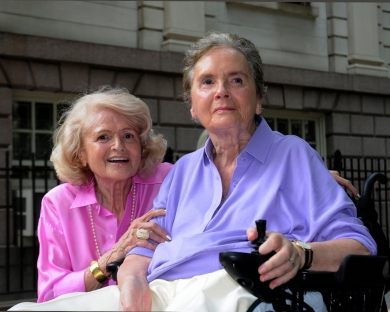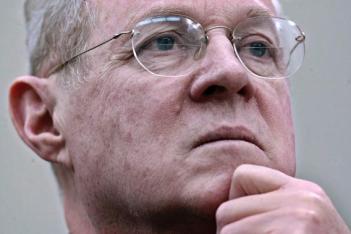It’s just past 11:30 PM central time, and I’m still processing my thoughts about Ferguson, the Darren Wilson verdict and the killing of Michael Brown. There’s a lot I don’t know, but here’s some things I do, or at least feel very strongly.
First, with the caveat that this is based on my viewing of CNN (it’s rare for me to ever watch cable TV), there was almost no discussion tonight of how low of a bar probable cause was — the standard the grand jury was asked to consider when deciding whether to move Darren Wilson’s case to trial.
Part of the definition: “Courts usually find probable cause when there is a reasonable basis for believing that a crime may have been committed (for an arrest).”
Much of tonight’s reporting focused on whether there was a version of the evidence that agreed with Darren Wilson’s take on what happened. But to have probable cause, there just needs to be a reasonable basis for believing Darren Wilson did not properly use force. Per FiveThirtyEight, “According to the Bureau of Justice Statistics, U.S. attorneys prosecuted 162,000 federal cases in 2010, the most recent year for which we have data. Grand juries declined to return an indictment in 11 of them.”
Second, there were widespread reports of looting and destruction of property, not to be confused with the idea that the majority or even a large number of protesters engaged in such behavior. CNN would show video of people looting a store for 10+ minutes with no police cars showing up. If individuals engaging in looting, they should have been arrested, immediately. If people destroyed police car or shop windows, they should have been arrested, immediately.
And while some people might have been, the overwhelming focus of the police, via my limited CNN vantage point, seemed to be to show force for the sake of showing force, to disperse largely peaceful — and angry, yes, but largely peaceful — protesters, rather than focusing on protecting property and lives and arresting wrongdoers. So many struggled to protest, some struggled to breathe — for tear gas is a form of violence, irrespective of the debate about whether it is justified or not — and all the while the looting and the violence went on.
Police treated Ferguson like a war zone, and the casualties were nonviolent demonstrations and the maximization of peace and just calls for justice. Tear gas by police was a choice. Focusing on clearing streets over cuffing looters was a choice. Many of the police’s choices tonight, to me, look like they were wrong.
Third, and finally for tonight, it will be too easy to not have the needed conversations going forward. It will be too easy to play the pictures of burning police cars over and over again. And the destruction of property, too, is a tragedy, even if it pales in comparison to the tragedy of the loss of Michael Brown’s life, no matter his actions or lack of actions. But CNN, in the more than three and a half hours I watched post-grand jury decision, talked to one protester for not even 15 seconds.
I know I’ve lived white privilege. There’s so much I don’t know. But I can listen and do my best to hear. I can do my best to hear those who believe injustice after injustice has occurred and is occurring against communities of color. I can do my best to hear those who see profiling, discrimination, disrespect and the message that black lives don’t matter coming from the police and other authority figures. I can do my best to understand, to learn what could be done and, when it makes sense and when it can be productive, to speak.









